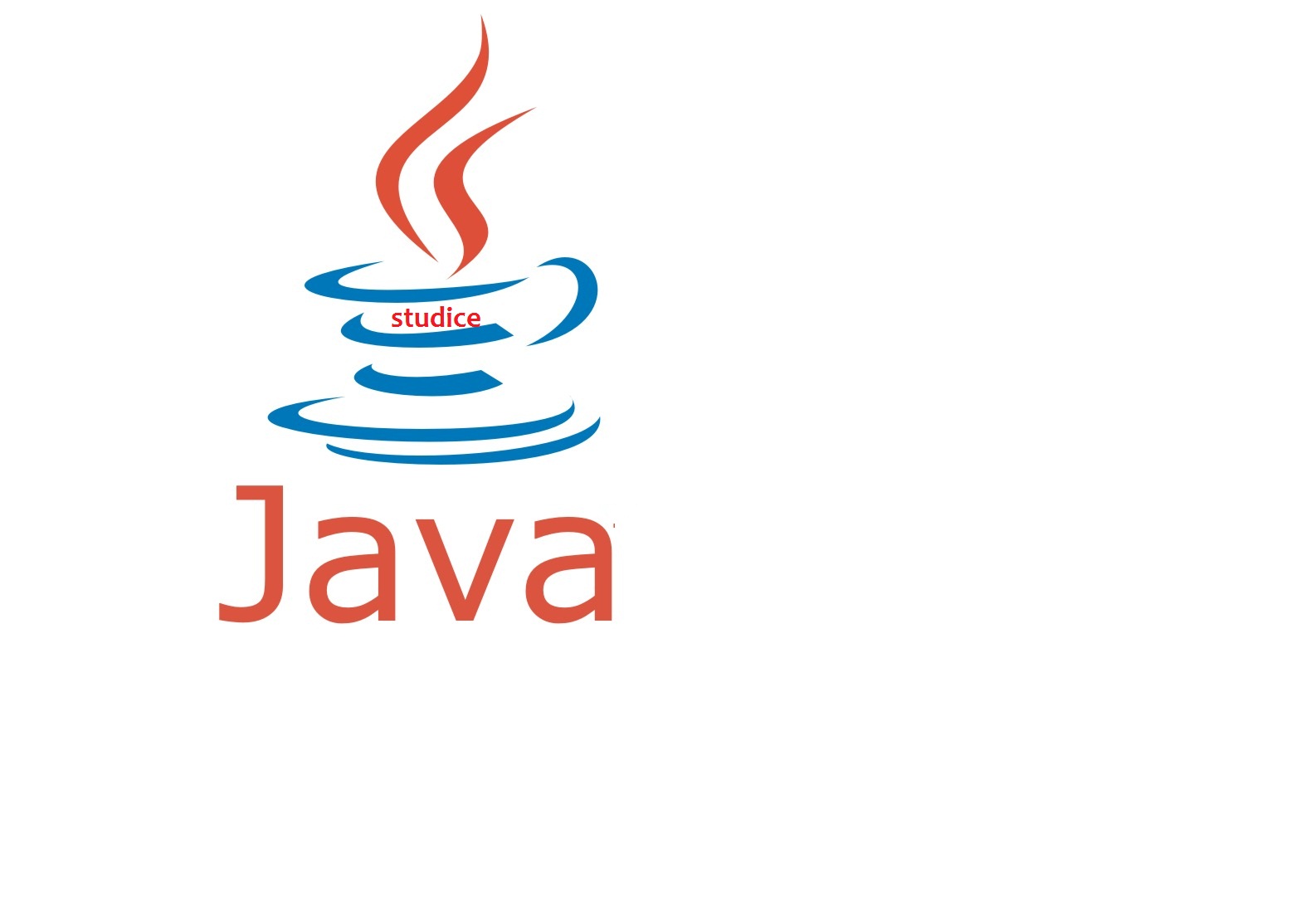Java Programming Language Wikipedia
About Java Vs
Java is a general-purpose computer programming language that is concurrent, class-based, object-oriented, etc. Java applications are compiled to bytecode that can run on any Java virtual machine JVM regardless of computer architecture. Scala is a general-purpose, high-level, multi-paradigm programming language.
In this Scala vs. Java comparison, let's dig into Scala. Scala is a general-purpose, high-level, statically-typed programming language that incorporates object-oriented and functional programming. Though primarily used with the JVM Java Virtual Machine platform, you can also use Scala to write software for other platforms.
Scala vs Java Language Paradigms Java is an object-oriented programming language, while Scala is a hybrid programming language that combines object-oriented and functional programming. So, when coding in Scala, you can still define classes and objects like in Java, but you also have powerful FP tools like higher-order functions, immutability
The syntactic and semantic differences between Scala and Java are significant. Scala provides a comprehensive Scala tutorial for Java programmers, detailing each language's way of doing things. Whether beginners find it easier to learn Scala or Java first is essentially a subjective opinion.
The truth is that Java is often just way too verbose. In Scala, the compiler is incredibly smart, so this avoids the developer needing to specify explicitly those things that the compiler can infer. Compare, for example, this simple quotHello World!quot program in Java vs. Scala Hello World in Java
Key Difference between Scala and Java Scala is a statically typed programming language, whereas Java is a multi-platform, network-centric programming language. Scala uses an actor model for supporting modern concurrency, whereas Java uses the conventional thread-based model for concurrency.
In this blog, we'll compare Scala Vs Java across key factors like syntax, performance, exception handling, and industry adoption, helping you decide which language is best suited for your 2025 projects. Whether you're interested in Java or Scala, upGrad's Online Software Development Courses from top universities offer comprehensive learning paths to boost your career.
Both Scala and Java are proven languages for building robust and scalable applications. While they have some similarities, there are also many differences worth understanding. This extensive guide will analyze Scala vs Java across a range of key factors - from language philosophy and design, to technical capabilities, adoption trends and more.
Java and Scala are two popular programming languages that both run on the Java Virtual Machine JVM and are widely used in the software industry. While Java has been around since the mid-1990s and has established itself as one of the most widely adopted languages, Scala emerged in the late 2000s and offers a modern, functional programming
Comparing Scala vs Java, Scala's specialized libraries offer unique advantages for certain types of applications. The Scala ecosystem benefits from its interoperability with Java, allowing developers to use Java libraries and frameworks within Scala projects. This compatibility extends the range of available tools and resources for Scala
























![🔥 [30+] Java Desktop Wallpapers | WallpaperSafari](https://calendar.de.com/img/aKWRxSMS-java-vs-scala.png)










